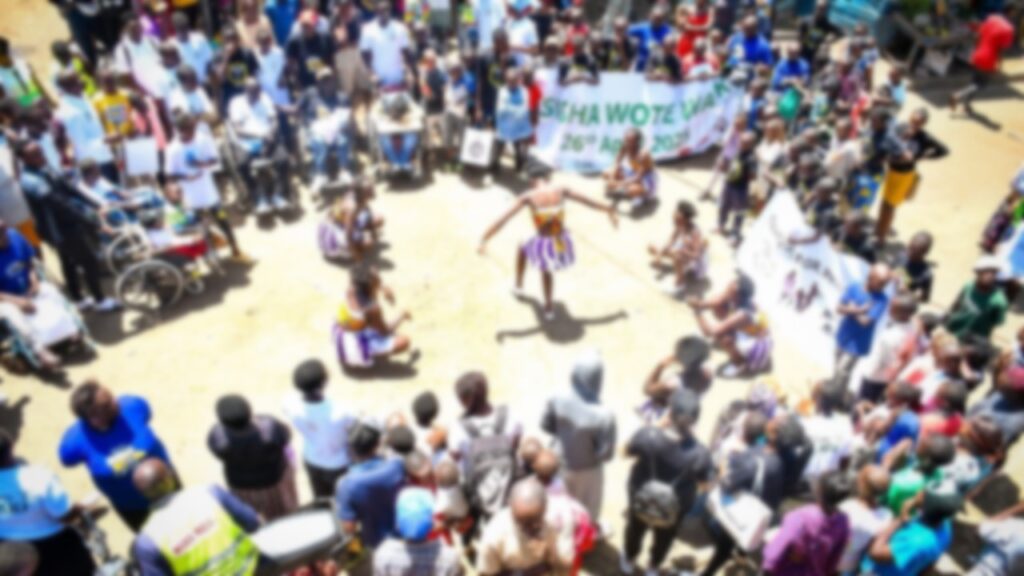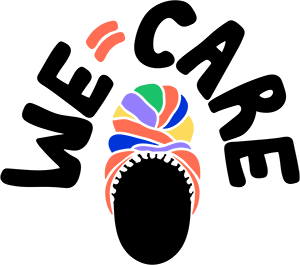Korogocho community marches for disability inclusion and caregiver recognition
Under the bright morning sun of April 26, 2025, a powerful statement for inclusion and recognition unfolded in Korogocho as a vibrant crowd gathered for the “Husisha Wote” (Include Everyone) Walk. Caregivers, youth leaders, community members, and persons with disabilities (PWDs) marched together, challenging the silence and stigma surrounding disability and unpaid care work in low-income urban communities.
Leading the procession was a mother gently pushing her teenage son in a wheelchair, a poignant symbol of the dedication of caregivers. A local DJ, himself physically disabled, energized the crowd with music, setting a tone of defiance against invisibility. For many participants, the event was far more than a walk; it was a collective declaration demanding visibility and support.
Organized by Youth Alive! Kenya in collaboration with the Jionee Group, the walk was a key component of broader advocacy efforts under the WE-Care: Marching for Inclusion and Recognition in Korogocho. Along the route, participants paused for powerful storytelling and dialogue sessions. These stops provided crucial platforms to challenge ingrained cultural norms that often force families to conceal children with disabilities, perpetuating their isolation.

The event notably amplified the voices of caregivers, predominantly women, who bear the dual, often unrecognized, burden of domestic chores and intensive support for family members with disabilities. This critical work, which often lacks policy recognition or support, was brought to the forefront.
The walk culminated in a gathering at Glory Primary School, where community members, local leaders, and caregivers collectively called for vital changes. Their demands included inclusive infrastructure, respite programs for caregivers, and accessible financing to alleviate care burdens and ensure dignity for all.
The “Husisha Wote” Walk achieved significant shifts. It markedly increased the visibility of PWDs, broke the long-standing silence around caregiving, and challenged harmful stereotypes. Storytelling sessions and talent showcases, such as a visually impaired barber demonstrating his skill, powerfully reframed disability from a perspective of pity to one of immense possibility.
Crucially, the event sowed seeds of attitudinal change regarding gender, care, and inclusion. Participants committed to advocating for improved public services, policy reforms, and a more equitable sharing of care work at both household and community levels, moving Korogocho closer to a truly inclusive society.
